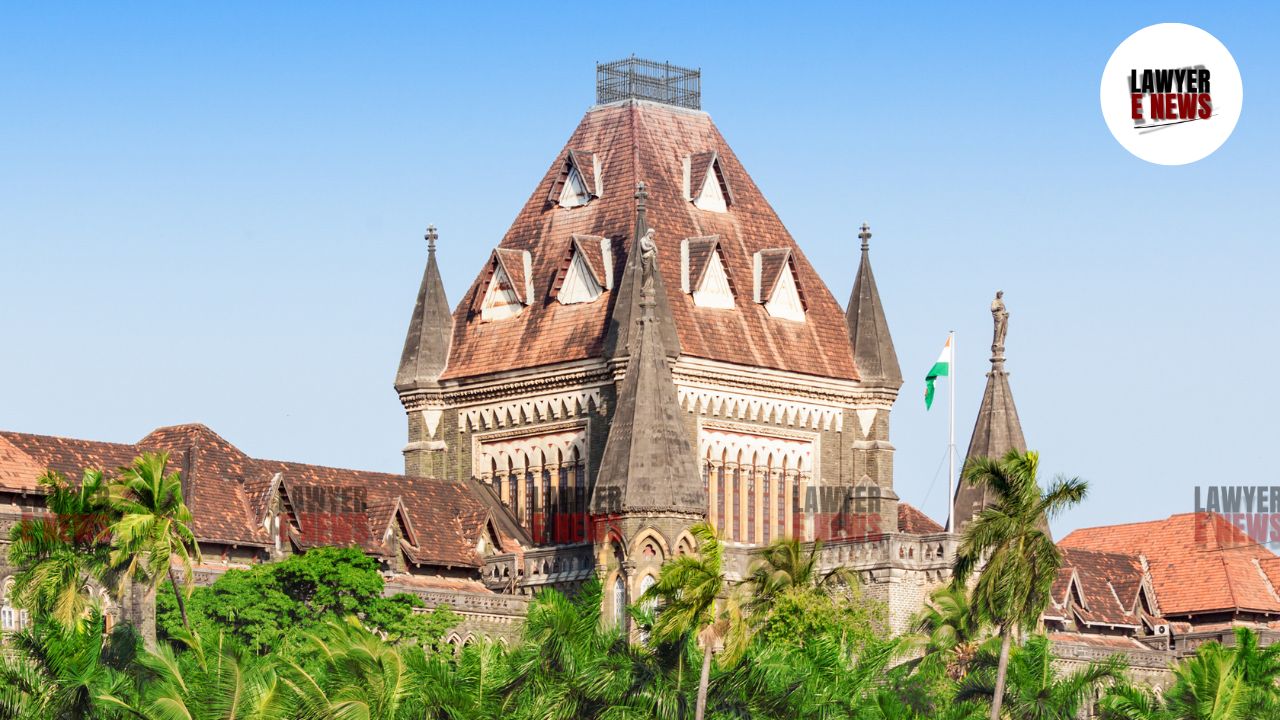-
by Admin
15 February 2026 5:35 AM



Nagpur Bench of the Bombay High Court, in the case Smt. Saraswatha Bhoyar v. Late Ravindra Khodke (Through Legal Heirs), addressed the limitations placed on legal representatives in civil suits under Order XXII, Rule 4(2) of the Code of Civil Procedure (CPC). Justice Anil L. Pansare ruled that the legal representatives of a deceased defendant cannot introduce additional evidence or cross-examine witnesses at the final hearing stage unless they disclose the nature of the evidence or demonstrate its significance.
The petitioner, Smt. Saraswatha Bhoyar, filed a suit for declaration, partition, separate possession, and permanent injunction. The original defendant, Ravindra Khodke, passed away during the proceedings, and his legal heirs were brought on record. Both the plaintiff and the defendant had already presented their evidence and cross-examined witnesses before the defendant’s death.
However, at the stage of final arguments, the legal heirs of the deceased defendant filed an application to introduce additional evidence and cross-examine the plaintiff and other witnesses. They claimed that their previous counsel had failed to cross-examine the witnesses and introduce critical facts.
Rights of Legal Representatives under Order XXII, Rule 4(2) of CPC
The trial court had allowed the application, relying on Rule 4(2) of Order XXII, which permits legal representatives to make any defense appropriate to their character. The trial court believed that major facts were yet to be brought on record and that the legal representatives were entitled to introduce new evidence and cross-examine the witnesses.
The petitioner, however, challenged this decision, arguing that the legal representatives had already adopted the original defendant’s written statement, had not sought to introduce new evidence earlier, and had failed to disclose the critical facts they intended to introduce.
Limited Rights of Legal Representatives: Legal representatives are entitled to the same rights as the deceased defendant under Order XXII, Rule 4(2). However, they cannot introduce independent defenses unless they explicitly plead such rights. The court referred to the Supreme Court’s ruling in Vidyawati v. Man Mohan (1995), which held that legal representatives have the right to continue the deceased's defense but cannot introduce new defenses unless they assert independent claims.
Failure to Disclose New Evidence: The court noted that the legal representatives failed to disclose the nature of the critical facts they intended to introduce. Without this disclosure, the trial court's decision to allow new evidence was unjustified, as it opened the door to potentially filling gaps in the defense case without a proper legal basis.
No Independent Defense Asserted: The legal representatives did not claim any independent rights or defenses. Since they adopted the original defendant's written statement, they were bound by the existing record and could not seek to introduce new evidence or re-open cross-examination without showing that the previous counsel’s actions severely prejudiced their case.
The High Court quashed the trial court’s order, ruling that the legal representatives could not present new evidence or re-open cross-examination at such a late stage without demonstrating the relevance of the new facts. However, the court left the door open for the legal representatives to file a fresh application under Order XXII, Rule 4, if they could properly establish a basis for their request.
This ruling clarifies that while legal representatives can defend a case in line with the deceased defendant's position, they are restricted from introducing new evidence or arguments without disclosing the nature and importance of that evidence. The judgment underscores the importance of transparency and timely disclosure in civil litigation to prevent the misuse of procedural rights.
Date of Decision: October 8, 2024
Smt. Saraswatha Bhoyar v. Late Ravindra Khodke
